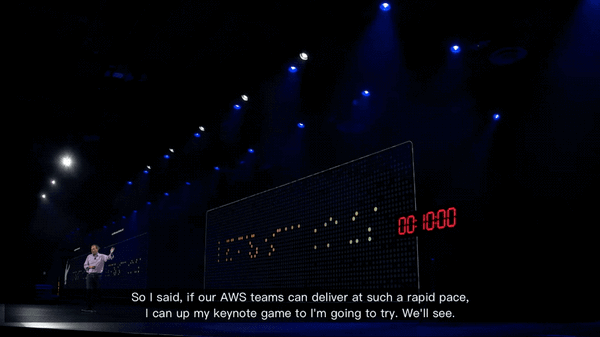Dev Proxy v1.3.0: HAR File Generation, LLM Usage Tracking, and Enhanced API Testing
Microsoft 365 Dev Proxy v1.3.0 Released
The Microsoft 365 Developer team has announced the release of Dev Proxy v1.3.0, introducing new debugging, testing, and API monitoring features that aim to streamline developer workflows.
Key Highlights
- Two New Plugins: HAR file generation and OpenAI usage tracking.
- Enhancements: Improved permissions analysis, more robust OpenAPI spec generation, and overall stability improvements.
---
HAR File Generation — Universal Network Tracing
The new HarGeneratorPlugin enables automatic HTTP Archive (HAR) file creation from intercepted API requests and responses.
Benefits:
- HAR is an industry-standard format for capturing and sharing network activity.
- Files can be analyzed using tools such as Chrome DevTools and Fiddler.
- Universal debugging format for cross-platform collaboration between Dev, QA, and Support teams.
- Vendor-neutral format helps reduce troubleshooting friction.

(Image Source: Microsoft 365 Developer blog)
---
OpenAI Usage Tracking — Cost Visibility for AI Workflows
For teams working with AI-powered APIs, the OpenAI usage tracking capabilities can help monitor request volumes and costs.
OpenAIUsageDebuggingPlugin Features:
- Outputs detailed usage metrics to CSV files.
- Tracks token consumption, model calls, and request statistics.
- Helps detect inefficiencies before they become costly in production.
> This addition supports developers in identifying patterns and controlling expenses during development and testing.
---
OpenAPI Specification Enhancements
The improved OpenApiSpecGeneratorPlugin:
- Adds port information to filenames.
- Aggregates service calls intelligently to avoid overwrites when working with multi-port or multi-service setups.
- Particularly useful for microservice architectures and dynamic test environments.
---
Enhanced Minimal Permissions Plugins
The minimal permissions plugins now support authentication scheme specification, offering:
- More granular control over API permissions analysis.
- Accurate evaluation across different authentication contexts — such as application vs. delegated permissions.
Updated plugins include:
- `MinimalPermissionsPlugin`
- `ApiCenterMinimalPermissionsPlugin`
- `MinimalPermissionsGuidancePlugin`
---
Dev Proxy Toolkit for VS Code v1.8.0
Alongside v1.3.0, the Dev Proxy Toolkit for Visual Studio Code is updated to v1.8.0:
New Features:
- Updated JSON snippets aligned with the latest schema.
- Snippets for `HarGeneratorPlugin` and `OpenAIUsageDebuggingPlugin`.
- Enhanced CSV logging for API tracking.
- General bug fixes and performance improvements.
---
Related AI and Content Publishing Tools
For developers or content creators integrating AI workflows, AiToEarn官网 offers:
- AI-driven content generation and analytics.
- Cross-platform publishing to Douyin, Kwai, WeChat, Bilibili, Rednote (Xiaohongshu), Facebook, Instagram, LinkedIn, Threads, YouTube, Pinterest, and X (Twitter).
- Monetization support with model performance tracking — conceptually similar to OpenAI usage analytics.
Such integrations can bridge the gap between API monitoring and AI content publishing, boosting productivity from prototype to production.
---
Resources
---
In Summary:
Dev Proxy v1.3.0 delivers powerful plugins for HAR export and OpenAI monitoring, enhanced OpenAPI handling, and more precise permission analysis — all aimed at increasing development efficiency, debugging accuracy, and API visibility.
---
Do you want me to also include a quick table summarizing all plugins and their capabilities for faster scanning? That could make this release digest even easier.



